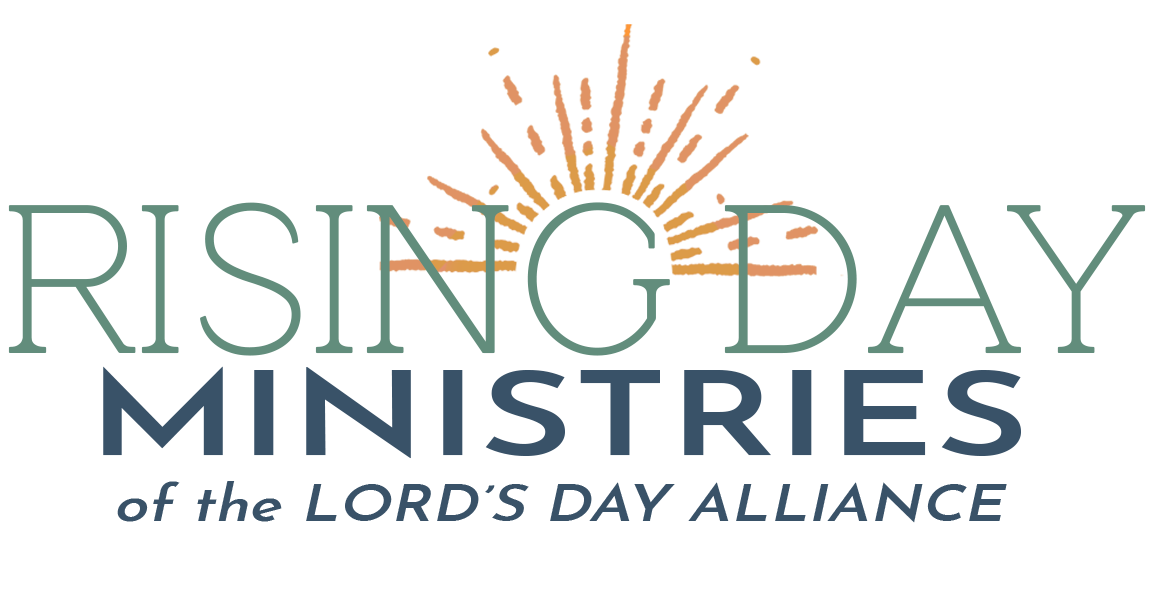A Review of the 2021 Sabbath Symposium
by Rev. Dr. Jeffrey Willetts
In October last year, I received an invitation to attend a Fall Symposium jointly sponsored by The John Leland Center for Theological Studies and The Lord’s Day Alliance. I was eager to attend the event because I had recently returned to the area having been away for five years and the event was an occasion to reconnect with friends and former students. I was also looking forward to seeing Norman Wirzba again since it was thirty years since last we saw each other, having attended Yale Divinity School as students back in the mid-1980s. So clearly my focus was on the reunion aspects of the event. And I was not disappointed. It was great to reconnect with Norman and I was delighted to see so many former students and colleagues.
What I did not anticipate was the power and poignancy of the event. Professor Wirzba in the space of about an hour articulated a new vision for our understanding of Sabbath, the importance of which cannot be overstated. For Wirzba, Sabbath is a reclamation project that aims at what, to my mind, is among the most important questions of our time: what is it to live a life of genuine fulfillment? Sabbath is essential to a life well lived, a life of flourishing, a life of fulfillment. Thus, the question arises, what does it mean to observe the Sabbath? The clue is that God Himself, on the seventh day of Creation, takes Sabbath.
Interestingly, Wirzba does not advocate for the necessity of renewed emphasis on resting, in the sense of inactivity. Quite the opposite! For Wirzba God rested on the seventh day, not for the sake of catching His breath, or recovering from too much activity, but to take delight in Creation.
For Wirzba the key to understanding Sabbath rest is to understand how Sabbath frames the whole of our lives. And because the opposite of rest is not activity but restlessness, Wirzba sees genuine Sabbath observance as a distinctively Judeo-Christian response to the deep restlessness of our time. Why are we so restless? Because, we live in a world that tries to make us feel inadequate, the outcome of which is lives riddled with anxiety, frustration, and loss of meaning. Wirzba’s reminder of our place in Creation and how most of the big questions of life are answered by a renewed awareness of our creatureliness and our place in a world created by a loving God is a welcome invitation to take up again the big questions of life: why are we here? who am I? what am I to do?
I should note that prior to this symposium my appreciation of the Lord’s Day Alliance was limited to the group’s advocacy for blue laws to protect the integrity of Sabbath. However, having recently returned to the Pulpit, after five years away, my concern for families and how as Christians they experience the struggle to make sense of this world and their own lives, I could not be more impressed with the organization’s openness to Wirzba’s vision of Sabbath’s promise to give us all lives worth living. As a direct result of this conference, I am now an LDA fan!
I was also equally impressed by the LDA’s collaboration efforts with one of our local seminaries. Collaborations of this kind are important contexts within which scholars, lay leaders and pastors can learn alongside each other. We need these kinds of events to foster fresh new work. The well-being of the church depends on it.

